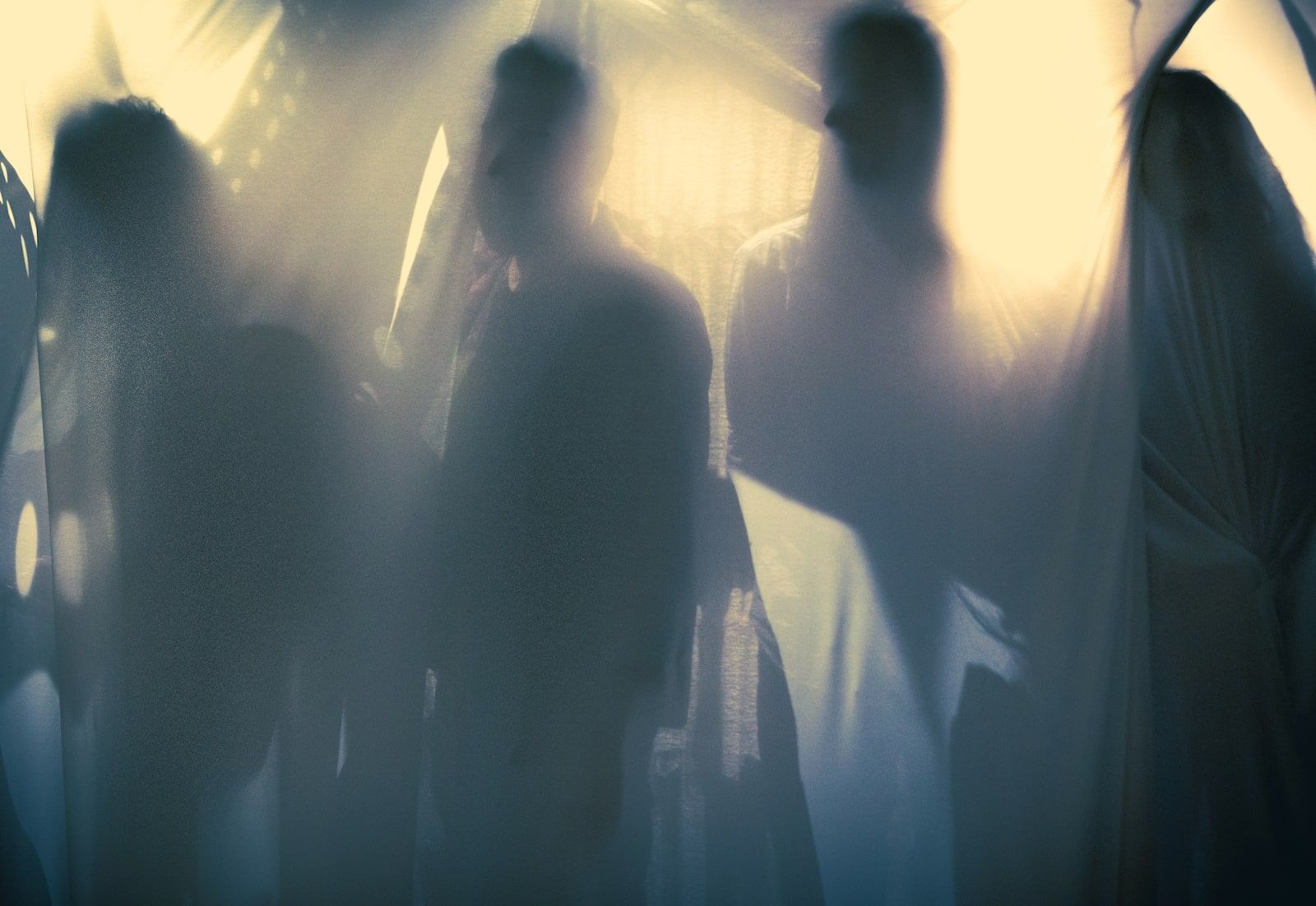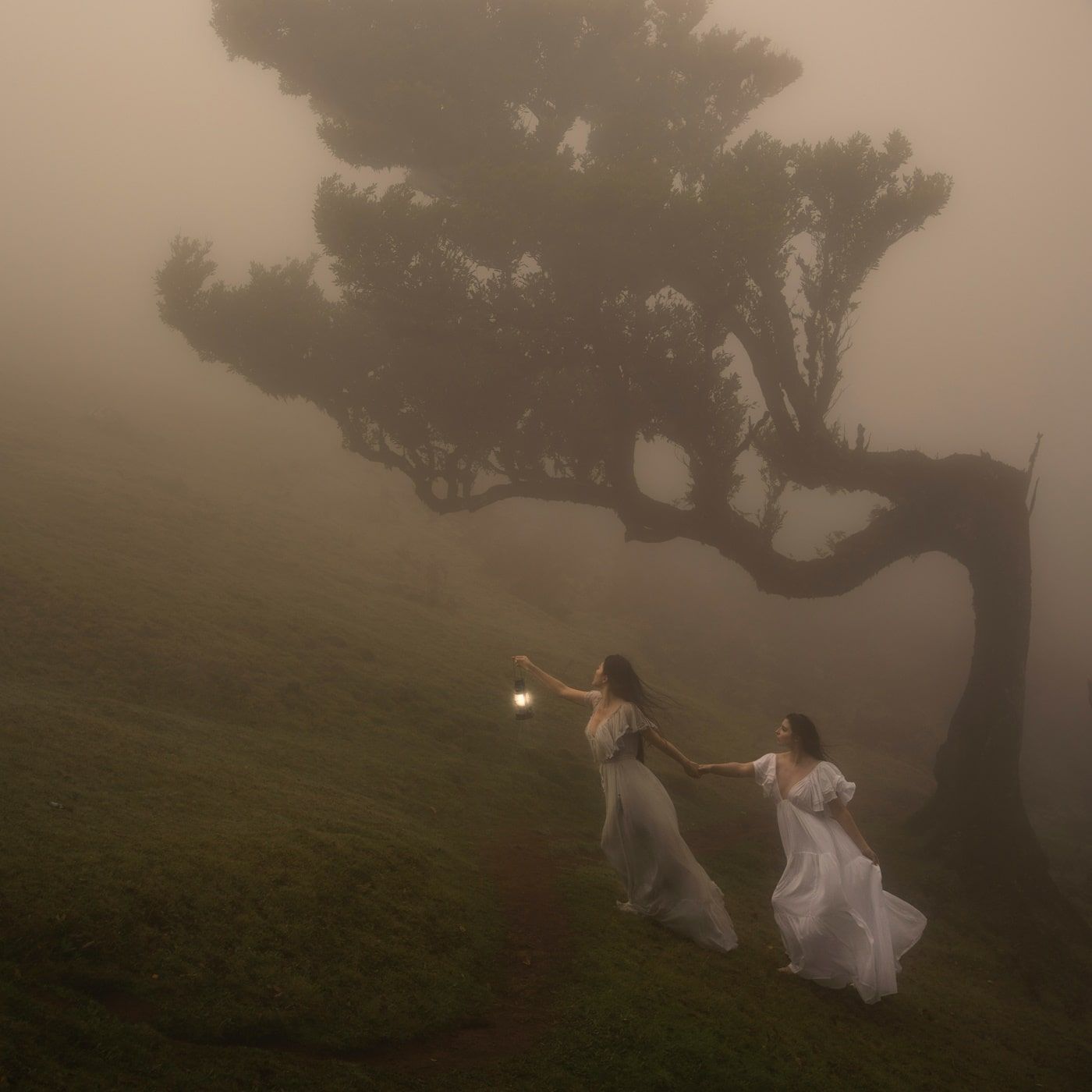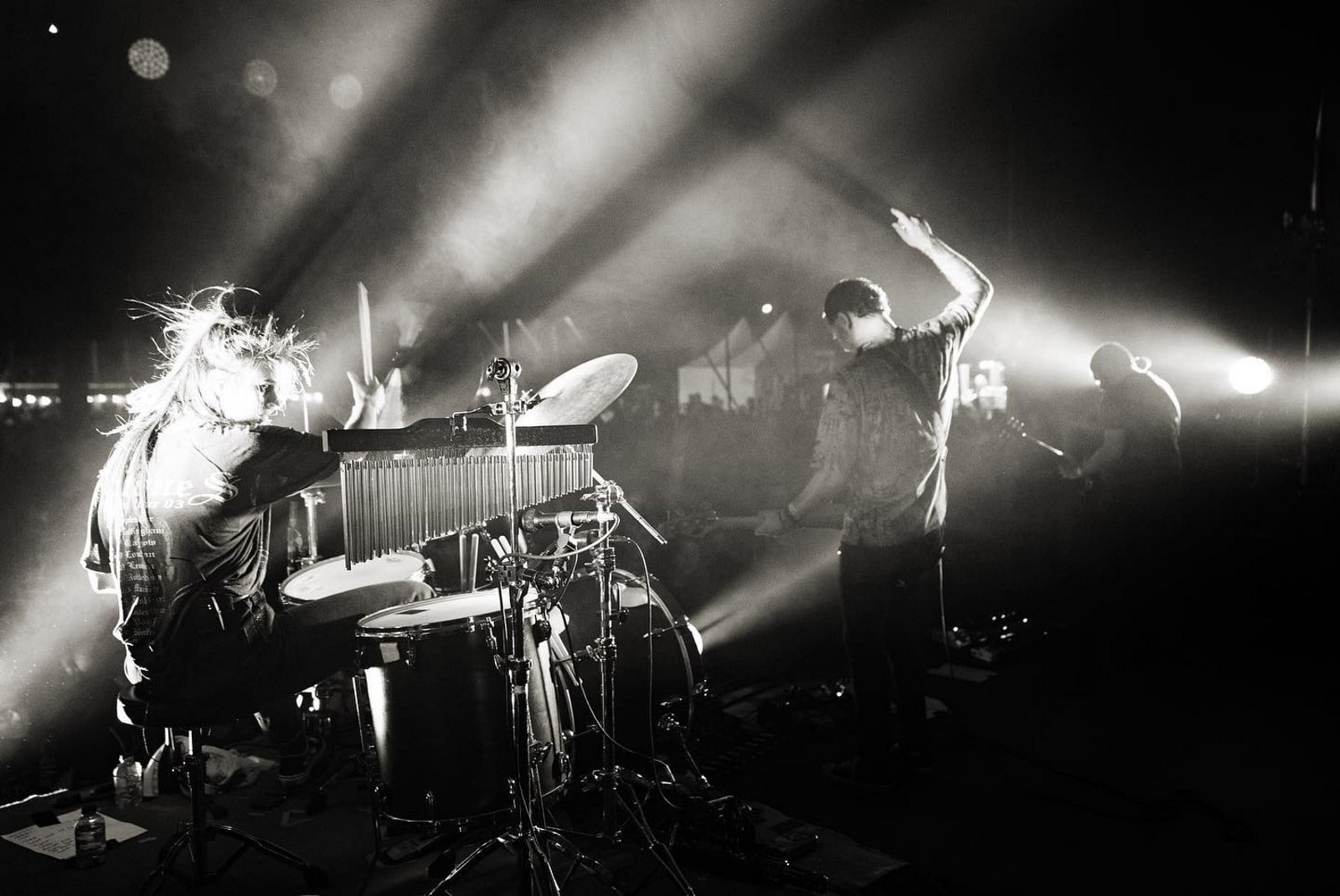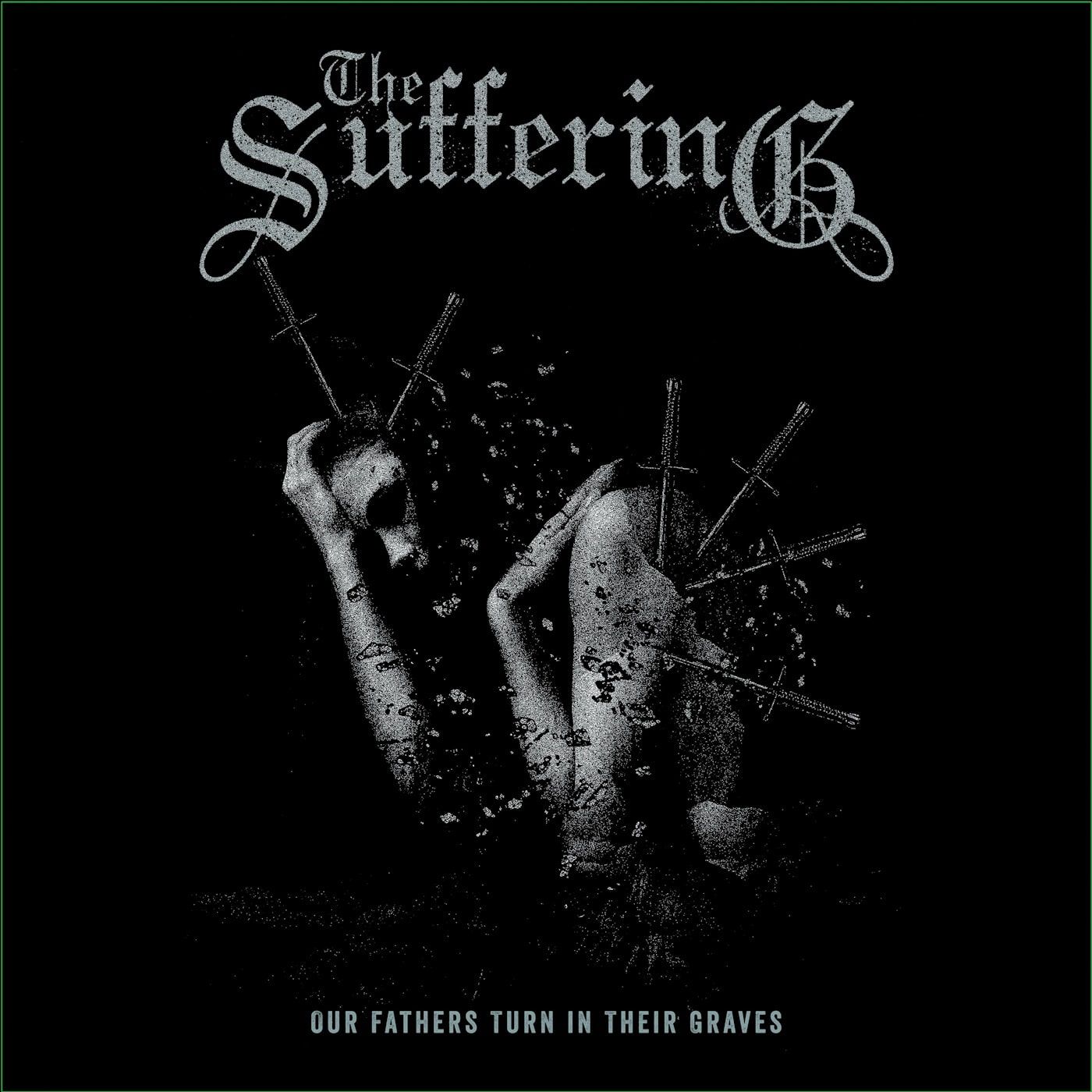Threestepstotheocean, a band that navigates the uncertain waters between post-metal and post-rock, is making an intriguing resurgence. Last having graced our pages for their 2015 album “Migration Light,” they have since released “Del Fuoco” in 2020—a year that bore the weight of a global pandemic and the stagnation of live music scenes. Now, in a peculiar twist, the band is unveiling a new standalone single called “Duende,” which the band refers to as a “transition point” marking both an end and a new beginning in their 15-year musical sojourn.
This Milanese band never shies away from metamorphosis, and “Duende” serves as a testament to that. Wrapped in layers of sonic depth, the song challenges genre boundaries and is an enigmatic blend of emotional power, complex rhythms, and expansive ambiance.
“In Spanish folklore, ‘duende’ is more than a spirit—it’s a mysterious force that comes from the Earth, a struggle rather than a concept,” says the band. Inspired by this term’s philosophical richness as articulated by poet Federico Garcia Lorca, “Duende” embodies the complexity of human emotion and the incessant call for transformation.
Musically, the song exists as an unfolding tapestry of moods and sounds. It opens up with fury and dissonance, invoking an almost tribalistic aesthetic, then transitions into crushing doom riffs and ambient textures that are nothing short of an emotional Odyssey. It becomes both a sonic encapsulation of their 15-year history and a stepping stone to new musical landscapes.
Threestepstotheocean resists being typecast into a genre. “We started to feel a bit uncomfortable with so-called post-rock/post-metal tags,” the band confides. This is not an act of musical defiance but more of a conscious choice to keep the music flexible, open—akin to a “cinematic soundscape.” The rewards of such musical fluidity outweigh the industry risks for them. The band opts to remain in a broader gray area, unbounded by the restraints of niche categories. Their current ethos is to think of themselves “nothing more than a rock band,” but one that is unafraid to explore, evolve, and disturb musical waters.
“Our new approach to rehearsal is far more reflective and relaxed,” says the band. They have transformed their humble practice space into a mobile studio, opting for a blend of structured and freeform sessions. The change reflects a broader shift in their creative lives, too, resonating with the changes in personal spheres that have “led us to paralysis,” as they put it.
The objective with “Duende” was to encapsulate a variety of musical styles and emotions. These range from the ritualistic and obsessive elements of “Del Fuoco” to the epic and aggressive landscapes found in “Migration Light.” It seems this new song serves as a testament—a last note in a certain chapter before turning the page to a new narrative.
“Duende” stands alone, not as a prelude to a future album, but as a moment captured—a “polaroid,” as the band calls it, of their current state. “It’s a summa of our sound throughout five records,” they tell us, emphasizing that it only gives partial clues to the future direction their music will take.
As for the fans, the band considers them as companions on this transformative journey. They hope listeners will perceive their music “like a new chapter of a book.” The members of Threestepstotheocean share a universal sentiment, an openness, an inclination towards “feeling-pushing” rather than “message-delivering,” hoping that their evocative sonic textures will resonate with the audience on a multitude of emotional levels.
So, as we sit back and absorb “Duende,” we find ourselves in the presence of a rich musical legacy and an invitation to the unknown. It is a sonic landscape that leaves us not with answers, but with a series of beautifully intricate questions. It is both a summing up and a summoning forth—an intimate, visceral dialogue with the complex, elusive spirit of “duende” that dances at the core of human experience.
In “Duende,” we see not just the culmination of 15 years of artistic endeavor, but also the tentative first steps into a future replete with uncharted melodies and unspoken possibilities. And in this complex, ever-changing world, sometimes the richest tapestries are woven from the threads of uncertainty.
Check out our full interview with the band below.
The new song “Duende” marks a significant transitional moment for Threestepstotheocean, capturing 15 years of musical evolution while ushering you into new, uncharted territories. Could you delve into what this rite of passage means for you personally, and how you think it will reshape the band’s musical identity?
Well, we consider “Duende” as a milestone not so much for the song itself as for it stands for some shared decision we took during the process of composing it. With this song we began to question our entire conception of making music both from a creative to technical point of view. We wanted to change and evolve leaving some “etiquettes” behind.
We started to feel a bit uncomfortable with so-called post-rock/post-metal tags. Not because we don’t like them, but simply because we don’t feel our music still matches with them. We just realized that we want our music to be more open, fluid, flexible. Something similar to a cinematic soundscape.
So we are starting to experiment with other patterns, grooves, sounds, styles coming from totally different musical worlds. After Duende we also changed our way of rehearsing, from a jamming and intuitive approach to a more reflexive and relaxed one.
Thanks to Francesco [keyboards] we converted our small rehearsal room into a small mobile-studio. We record stuff every time, play separately, mixing, adding filters, overdubbing…and, when needed, still jam. We talk a lot more to each other during the process. Sometimes we don’t even touch our instruments. It is something completely new for us and it’s really stimulating.
The song’s sonic elements are a kaleidoscope of emotions and styles, from psychedelia to tribalism to doom riffs. What do you believe are the risks and rewards of this genre-defying approach in an industry that often wants to pigeonhole bands into easily marketable categories?
In the last few years we developed an allergy to genre definitions because of the borders they inherently create at different levels. We much prefer to stay in a wider grey area where we can freely move, basically we consider ourselves nothing more than a rock band. Other terms, like the ones we use, for sure can guide the listener on what to expect, which is a good thing, generally speaking.
So creative and human rewards are way more, to us, than risks. As we all know this kind of reward very unlikely meets the favour of the industry, and that’s just fine.
In the description, you referenced the Spanish folklore concept of “duende,” described by Federico Garcia Lorca as a mysterious force coming from the Earth. Can you share your experiences of how this “duende” manifested during the song’s creative process? Were there specific moments where you felt its influence most strongly?
We came up with the concept of “Duende” just a few months after the recordings. We were looking for a title able to incarnate our will of change but also the “spiritual” mood we believe this song has. So we were not so obsessed in following the “duende” concept but thinking back at the writing processes it is clear that something happened.
As we said, we started questioning our way of working, thinking, playing our instruments. We really talked a lot to each other about this song. Maybe we used more words than notes to write this song. From a musical point of view, the song is full of different moods and techniques and it is splitted into two clear parts.
There is an obsessive and lyrical march at the beginning with some tribal influences coming in. Then everything stops for
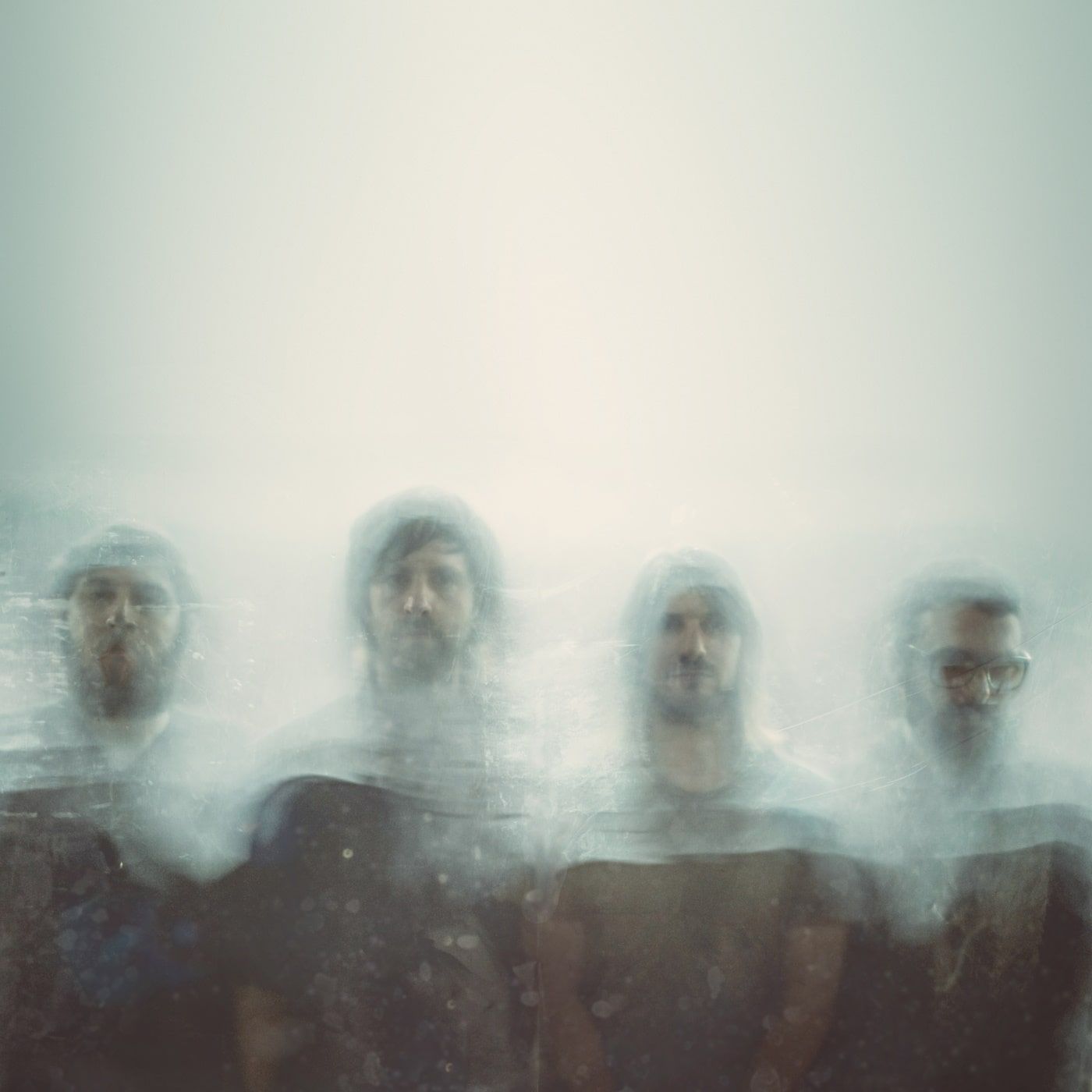
The Italian underground music scene is often not as internationally exposed as those from other countries. How does Threestepstotheocean fit into, or stand apart from, this cultural landscape? And what do you think it takes for bands in Italy’s underground music scene to gain broader recognition?
This is a hard one that we don’t think we can give an answer to. Actually we don’t really feel like we are part of an “Italian scene”. That is not a matter of feeling superior to anyone or considering ourselves illuminated outsiders.
We have tons of friends in the music community, a lot of bands that we respect and love, we go to shows, we organise shows. We love Italian underground but maybe we just don’t like what the word “scene” usually defines in our country, as to say a waterproof box full of borders and restrictions you have to face to be part of it.
We consider ourselves a more fluid band that just plays rock music. Also we really don’t know if thinking about “national scenes” is still a good approach nowadays, nor the concept of “scene” still being meaningful, and in what manners, now. About your last question…who knows.
But let’s take a band like Messa: they’re getting huge, well deserved recognition everywhere because they’re simply, incredibly good in every aspect.
Three years have passed since your full-length album “Del Fuoco.” During this time, you mention grappling with transformations in your personal lives that have affected your approach to music. Can you talk about how these shifts in your personal spheres influenced the creation of “Duende”?
Speaking as a band we must start by saying that those transformations already started during the making of “Del Fuoco”. That record is full of obsessive patterns, chants, ritualistic parts in which riffs and sounds are endlessly repeated. This was because working on Del Fuoco we just realised that everyone of us were experiencing something similar in their personal lives. We didn’t feel creative, we were just caught in an obsessive loop facing our lack of musical ideas and personal fatigues. Then we just accepted it, and came up with the idea to make the record sound like the “obsessions” we had at the time.
We started to work on “Duende” with the same set of emotions and thoughts. The song came out as a tool to reset and restart our idea of making music together. So we tried to put all those feelings and all our “typical” solutions in it: from the haunting and ritualistic approach used in “Del Fuoco”, to a more epic and aggressive soundscape coming from “Migration Light”.
From the very beginning post-rock of “UTBY” to a more doomy and metal vision of “Scents”. At the end of the process we just shared the decision that this song is gonna be like a “testament” for all our past production and way of working together.
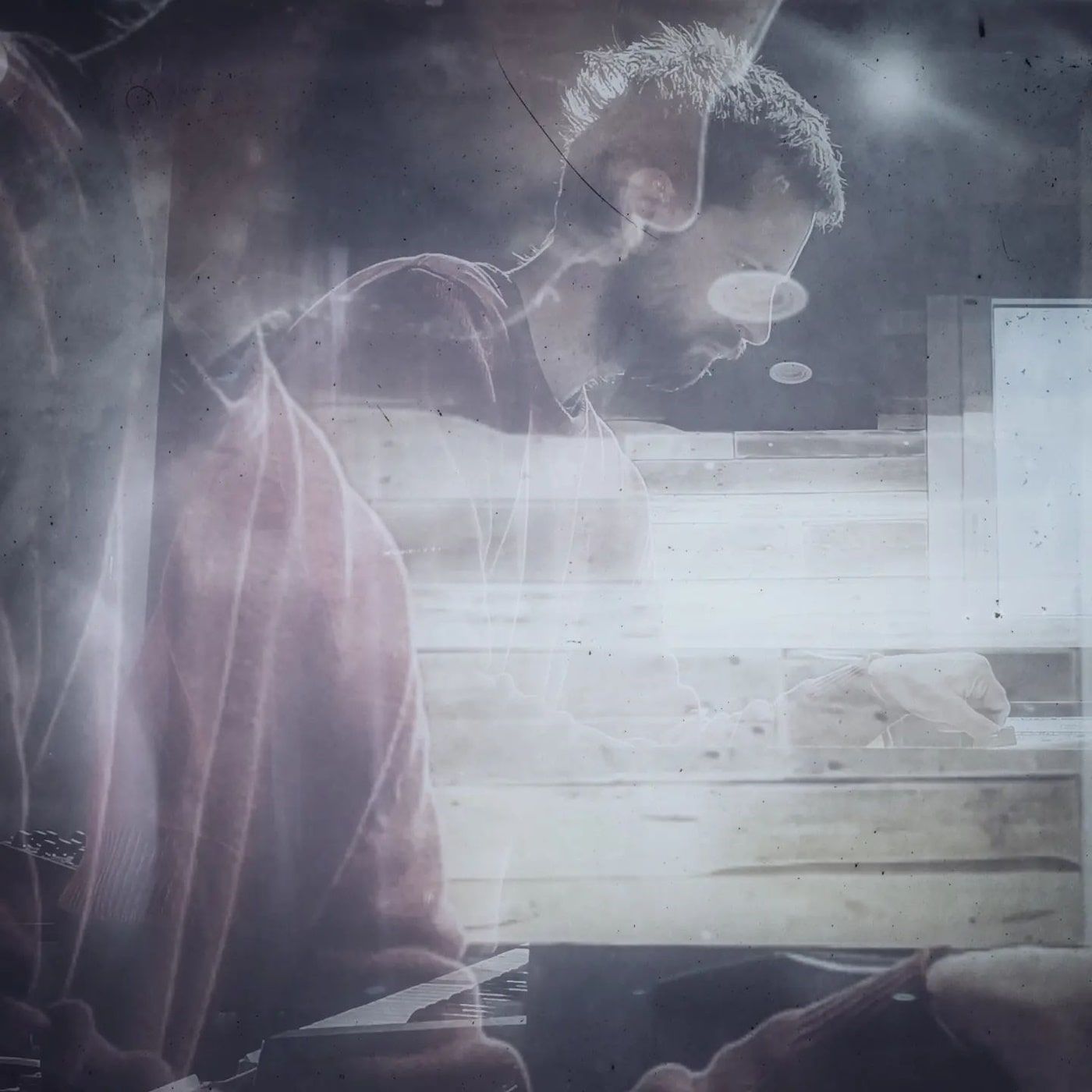
It’s intriguing that you mention “Duende” as unrelated to future records and released 100% DIY. Could you explain why you chose to make it a standalone project? Does this offer a clue to how you’ll approachreleasing music in the future?
This song for us marks a passage from past to future, because it’s a summa of our sound throughout 5 records. But it gives just partially a clue to our future music, which is going to be different from what we’ve done so far in terms of sound.
To achieve this, we’re questioning ourselves in every aspect: how we rehearse, the process of writing our music, how we tie (or not) to recurring automatisms, the gear we use, and so on. Also we are not anchored to the idea that the only path our music can take is the one of making an album every few years. As said before we just want our music to be more fluent and flexible.
The process of making a record tooks ages for us. We are super critical and terribly slow in making our music. This is sometimes stressful and usually leads us to paralysis. Now we like the idea of working on many smaller unrelated releases, like “polaroids” of our present day feelings and condition.
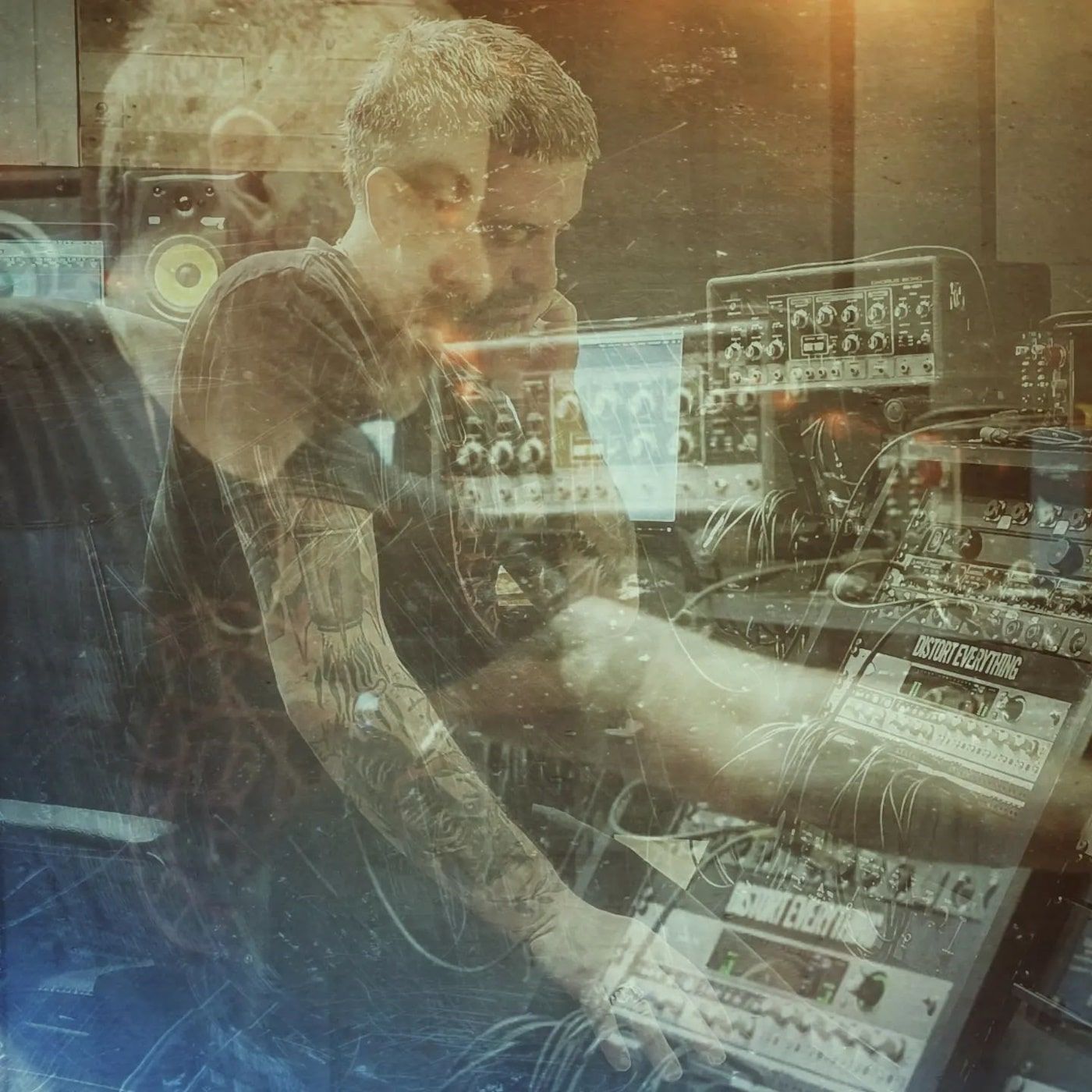
Given that “Duende” is both a summation of your past work and a stepping stone to future endeavors, how do you envision the role of fans in this transformative journey? How do you plan to bring them along into these “other musical dimensions” you mention?
We think our listeners are already used to our need for transformation in music. Also many of them don’t necessarily belong to a connotated music community but they just appreciate our work because they recognize our struggle to go beyond borders. Perhaps the only thing we have is to make our music more like an open narrative piece rather than a closed song. We can’t say we really have a plan for them, we just hope they will continue to read our music like a new chapter of a book.
Maybe our increasing interest in graphics and video are a good way to orient the audience in our future releases but we don’t want to force anyone to see the exact same thing as we see in our music. We just love to give them some evocative hints and nothing more. Also we’d love our music to reach a completely new public out of the “post-rock/metal” world. This would be awesome because we are always looking for new feedback and views to share.
The term “duende” implies an emotional struggle, an urgency for change and evolution. With the world in its current state of flux, what messages or feelings do you hope listeners will take away from the song?
We’re probably more feeling-pushers than message-deliverers, which is something very connected to not having a vocalist (so far). We try to keep this goal as wide as possible, interpretable from anyone in a multitude of different ways. If we intend our band experience as a human experience that keeps on going and mutating, for sure we mean that in the most positive way.
Change, come out of oneself, make things better, sustainable and meaningful are all things everyone is asked to do.
It seems to pull from a variety of cultural and spiritual inspirations. What role does cultural exchange and learning from other traditions play in your music? Do you actively seek out diverse influences, or do they naturally find their way into your art?
Yes, we’re definitely feeding from other sources we’re less familiar with, or maybe we just don’t directly relate with so often. We truly feel in the process of discovering and observing a wider scenario than the one we’re used to, and it’s intriguing for us to see step by step where this is gonna take us. The world is so big and we don’t wanna get stuck in a comfort zone.
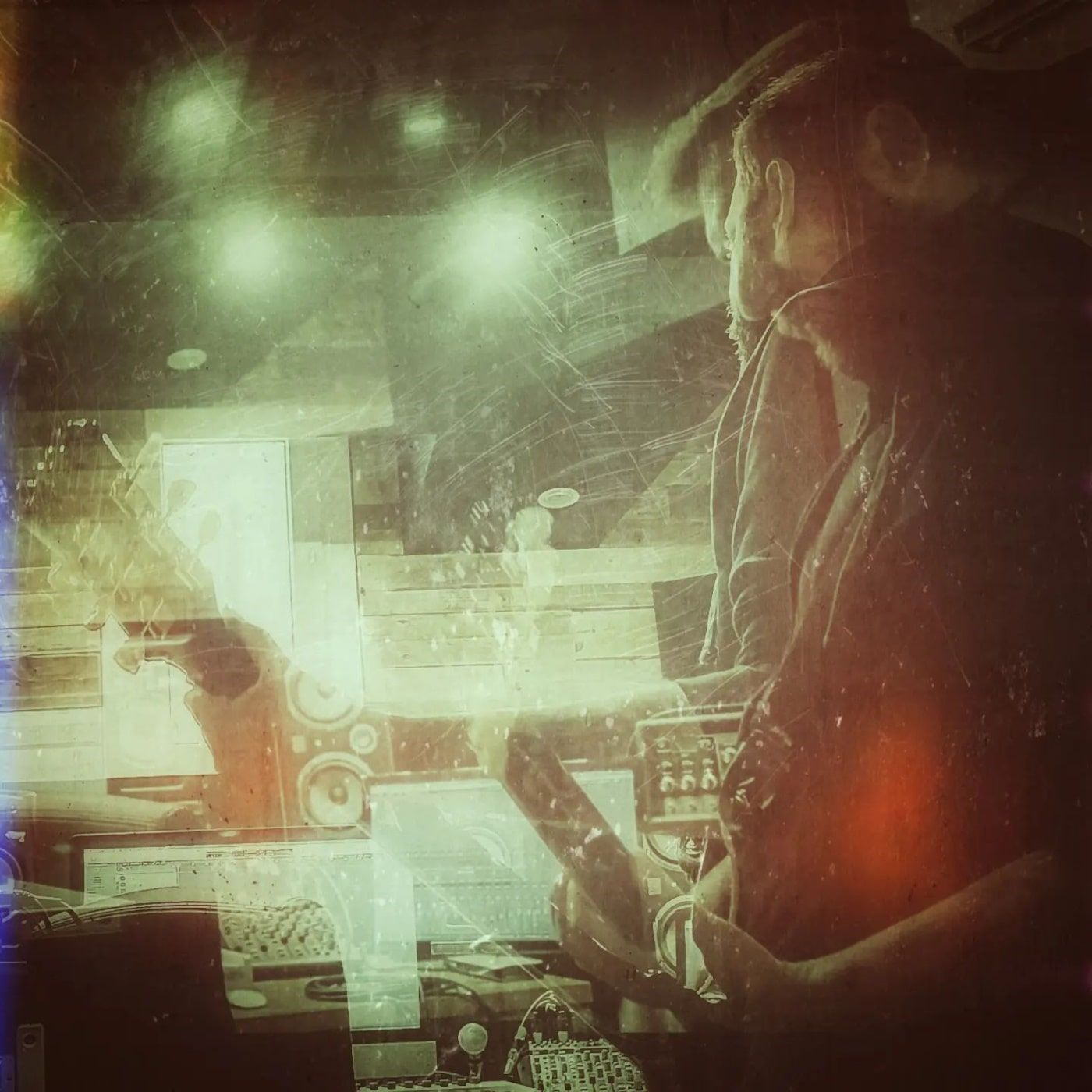
As seasoned musicians with 15 years under your belt, what advice would you give to emerging artists who are trying to find their own “duende” or transformative force in their creative journey?
For sure we’re not in the position of teaching anything to anybody, but we can share that what we’ve always done – and still – is to try to keep a good communication among us, to be honest about the reasons for playing music, to question ourselves hypercritically and to do things our very own way, no matter what.



